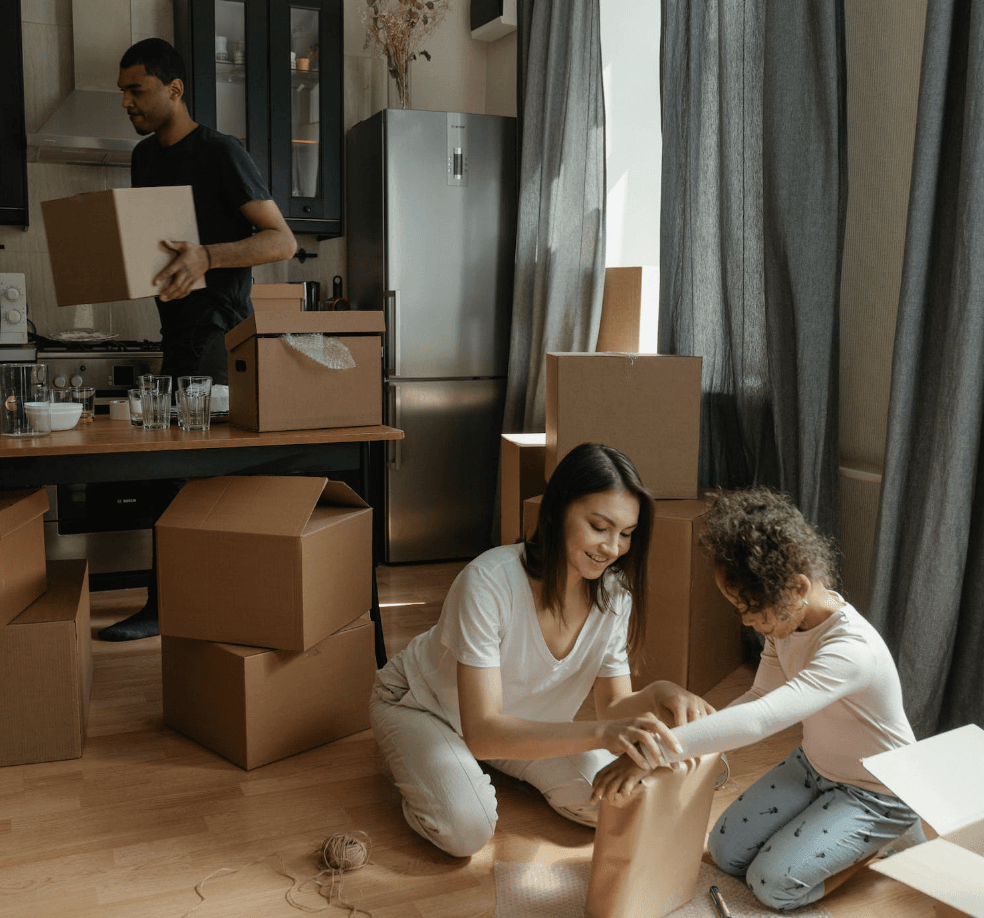 The idea that you should put 20% down on a home is one that has been the "gold standard" for years. After all, when you put 20% down, you avoid paying for private mortgage insurance, and you'll have a smaller loan amount with lower monthly payments. It's something that could save you a lot of money in the long run—but there's also a catch.
The idea that you should put 20% down on a home is one that has been the "gold standard" for years. After all, when you put 20% down, you avoid paying for private mortgage insurance, and you'll have a smaller loan amount with lower monthly payments. It's something that could save you a lot of money in the long run—but there's also a catch.
Not everyone can easily afford 20%, especially with home prices having risen at a record pace over the last few years. So, what should potential buyers do? Let's explore the pros and cons of putting 20% down on your next home purchase.
The Financial Benefits of Putting 20% Down
Let's start by talking about the financial benefits of putting 20% down. In most cases, if you can afford it, it makes good financial sense to put down as much as possible when buying your next home. By doing this, you can avoid paying for private mortgage insurance (PMI), which can add hundreds or even thousands of dollars to your monthly payments each year.
Additionally, since your loan amount will be lower with a larger down payment, you may qualify for more favorable rates and terms. Last but not least, this will reduce your overall loan balance over time which could lead to significant savings in interest costs over the life of the loan.
The Downsides to Putting 20% Down
Of course, there are some downsides to putting 20% down as well. For starters, not everyone can easily afford such a large sum upfront. Putting down such a large amount can leave some buyers "house poor" afterward with no money left over for renovations or furniture purchases, or other unexpected expenses related to owning a house.
What's more, if you're looking to purchase an older home that needs repairs or improvements right away (or even in the near future) then having extra cash on hand is always beneficial – even if it means taking out PMI and increasing your loan balance slightly to do so.
At the end of the day, whether or not putting 20% down is right for you depends entirely on your personal circumstances and financial situation. If you have enough saved up where it won't leave you feeling "house poor" afterward, then going with a larger down payment may be a wise decision; however, if doing so would drain your bank account, then it might make more sense financially to go with less than 20%.
As always, seek advice from your local mortgage professional to get the full picture before making any final home financing decisions.